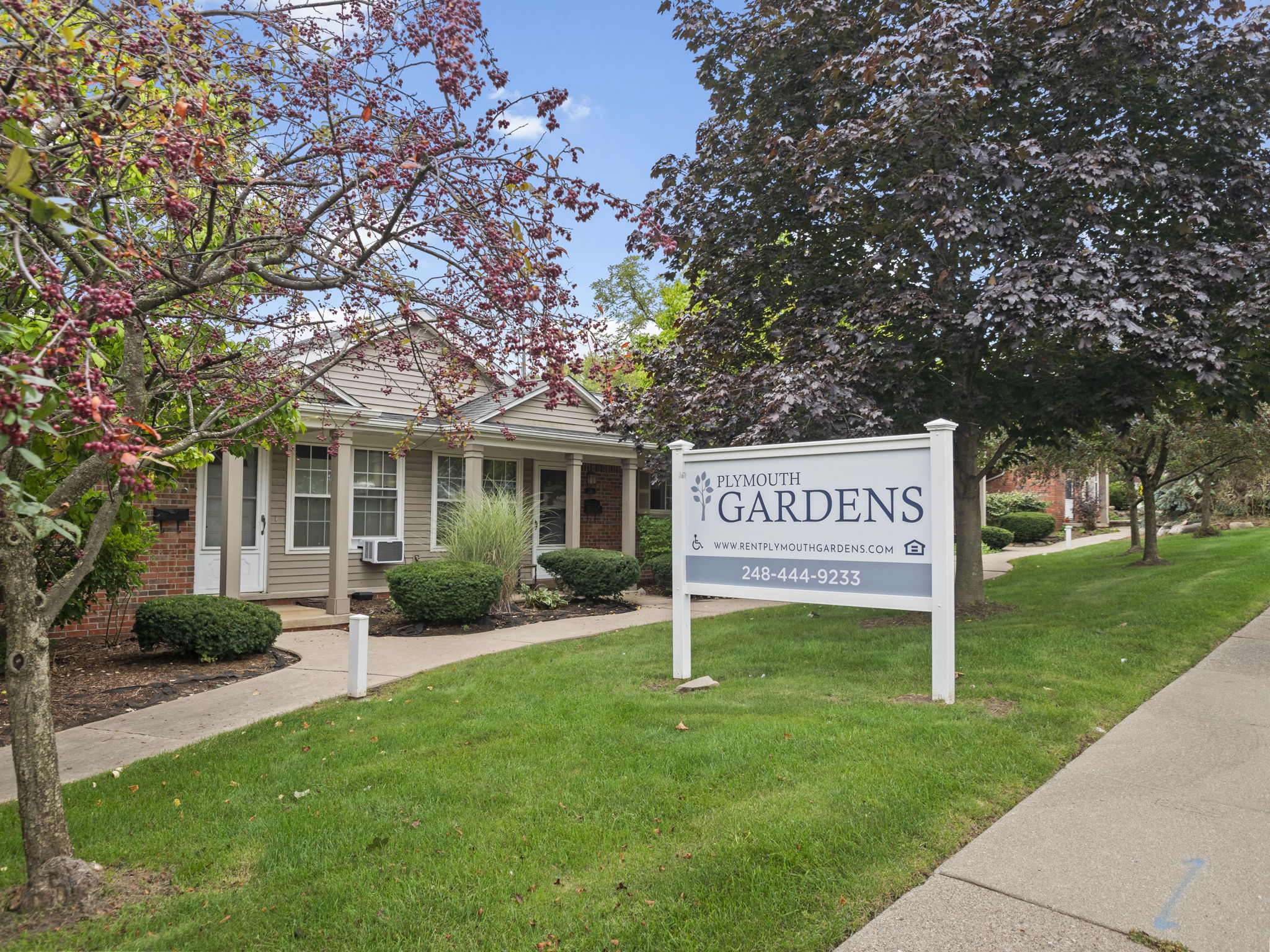
The Capital Stack
A lease audit involves thoroughly examining a rent roll and comparing it to the actual leases on file. This process ensures that details such as lease start dates, lease end dates, monthly rent, pet fees, utility billing, and other terms specified in the lease agreement match what was initially presented on the rent roll. Essentially, it’s about verifying that the information provided on the rent roll accurately reflects the contents of the actual lease agreements.

When to Complete a Lease Audit
We complete lease audits during the DD period. For our complete DD check list click Here. Lease audits are completed after the physical inspection where we walk every unit, making notes on conditions, occupancy, pets, etc. Subsequently, we cross-reference our observations with the information provided on the rent roll and lease agreements to ensure consistency among all three sources. Discrepancies may arise, such as units listed as occupied on paper but found vacant during our inspections, and vice versa. These issues come up quite a bit, particularly among individual landlords who don’t place a high priority on maintaining thorough records. For example, we once bought a property where the owner found out his tenant/manager had been stealing from him for years after they moved out and he hired another tenant to collect the rent for him. Tenants paid in cash to the manager, and the manager would deliver it by hand to him at his office. He made plenty of money in his day job, so he never actually counted his rent collections each month.
What Happens If There’s a Discrepancy?
If we discover a discrepancy to our advantage, we take it and chalk it up to good luck. If we find a discrepancy that is not to our advantage, we weigh the severity. We may overlook minor issues like an uncharged pet fee or slightly inaccurate lease rates, as it’s not worth disturbing the transaction. However, in a scenario where we have a rent roll showing 95% occupied, and after touring, we know the property is 80% occupied, it’s likely we will have to retrade or potentially withdraw from the deal. Throughout the typical 30-60 day due diligence period, rent rolls are subject to change, so we request updated versions from the seller every month to ensure that the property’s operational status aligns with what was initially presented when the contract was signed.
Key Focus Areas for Lease Audits
Pet Fees
Is the seller charging for pets? We’ve noticed that many properties listed as “no pets allowed” still have pets residing there. Given this common occurrence, our approach is to allow pets and charge a pet fee.
Rental Rates
Rental rates can sometimes include automatic increases as stipulated in the lease agreements. During a recent lease audit, we encountered leases initially set at $645 per month with a predetermined rate increase to $700. However, the property owner failed to implement this increase. Upon adjusting all rents to align with the lease terms, we discovered an additional $800 in monthly rent. This amounts to $115,000 in value at a 7.5% cap rate, which was previously unaccounted for. I talked about this discovery a few weeks ago on X you can read the thread Here.
Lease Terms
In Michigan, it’s typical for leases to transition into month-to-month agreements once they expire. If a 12-month lease concludes without the landlord requiring renewal, a month-to-month fee is often applicable as per the lease terms. However, we frequently observe property owners overlooking this charge, despite it being outlined in the lease agreement. A lease serves as a legally binding contract between the tenant and the property owner. In case of disputes or legal matters, all actions revert to the terms specified in the lease. To ensure clarity and legal compliance, we are diligent about updating and renewing leases upon expiration. This proactive approach ensures that we have proper documentation outlining the procedures for handling various scenarios whenever issues arise.
Final Thoughts
Lease audits serve as a crucial component of the due diligence process in real estate transactions. By meticulously examining rent rolls and lease agreements, we can verify the accuracy of property information and mitigate potential risks associated with discrepancies.
Major Market News
Clickbait
The latest commercial real estate news has been talking about the “Wall of Maturities”. If you google it, you’ll find unlimited stories with the same headlines. “$Billions Worth of CRE Debt Maturing In Next 5 Years”. It is VERY common for CRE loans to be 3-5 years in total length, with a balloon payment due at the end. These loans are consistently extended, refinanced, etc.. As common as a 30-year mortgage for buying a house. All of these articles are pointing out the obvious. It’d be similar to saying “90% of all home loans coming due in the next 30 years” or “The sun will rise in the East and set in the West” and pretending like we’re discovering something completely new.
It’s nothing new and in my opinion, the laziest journalism in today’s market cycle. You can read more about my thoughts on this article here.
Source: Bisnow. (2024, March 14th) $525B In Multifamily Debt Set To Mature In The Next 5 Years. https://www.bisnow.com/national/news/multifamily/apartment-loans-maturing-yardi-matrix-123339?utm_source=outbound_pub_29&utm_campaign=outbound_issue_75623&utm_content=outbound_link_10&utm_medium=email
Tips and Tricks
Terms-
DD: The due diligence phase is a critical period during a real estate transaction where thorough investigation and analysis are conducted to learn about the property and evaluate potential risks. It involves examining various aspects such as financial records, lease agreements, property conditions, environmental factors, legal issues, and market conditions. The goal is to gather comprehensive information to inform decision-making and mitigate any potential pitfalls before finalizing the transaction.

